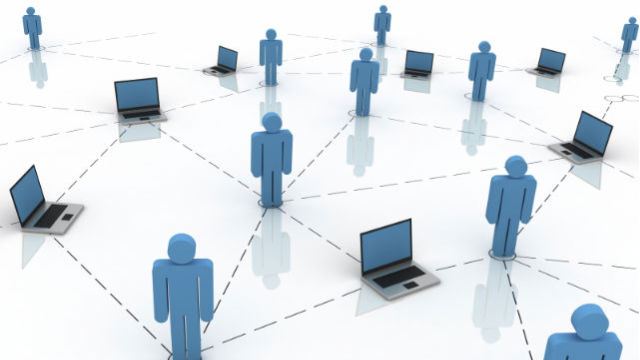Murdoch’s Paywall at the London Times: More Monday Morning Quarterbacking

Today it started to cost me four dollars a week to keep a clean conscience. No, I’m not giving to the Church. I’m paying money to read the news (gasp!). Yes, after praising Rupert Murdoch’s scheme to keep money flowing through the journalism industry, I’ve subscribed to the London Times online.
I remember being a kid and going to the supermarket with my Dad on Saturday. Because it was a popular shopping day, the store would offer lots of free food samples; because I was a kid, I would take them. I was never enticed to buy the food because I didn’t have any money. In fact, the imperative phrase, “Put your money where your mouth is,” meant nothing to me because I didn’t own a cent. Alas, though my desires still outstrip my income, a little income I do have.
Yes, producing news costs money; yes, if you value reading a newspaper, you should pay for it. What little dough it takes to access the wealth of information in a newspaper should be a fair trade. The only reason the Times’ online traffic has dropped by a reported 90% since it put its content behind a paywall is because, as Murdoch says, the industry “fell asleep”.
The admiration I have for Murdoch’s paywall scheme, which thankfully I don’t see as tied to his general outlook on news production, isn’t diminished at all by the decrease in traffic to the Times’ website. In fact, not only am I smugly acting on principle by paying for the Times, but I now have access to a world of secret and elite news which I already value more because I pay for it.
You can see for yourself in this November interview that Murdoch knew he would lose traffic, but he also realizes (at 2:30):
“The fact is, there isn’t enough advertising in the world to make all websites profitable. We’d rather have fewer people coming to our website, but paying.”
And I hope the Times will be able to attract some advertisers based on the fact that they have a market of people who actually spend money.
Indeed if newspapers, or the flow of information generally, is important to our democracy, then hopefully people will start putting a value on that information. Conversely, perhaps it’s because people don’t value information that our national politics have been in a very precarious situation for going on a decade.





